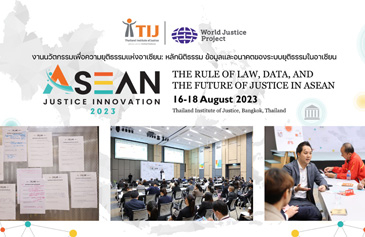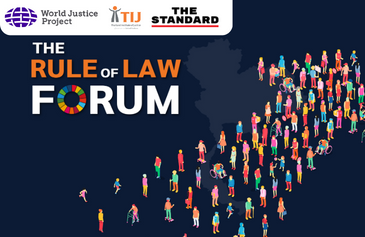“The intolerance of injustice would one day be the changemaker.” Angkhana Neelapaijit, a member of the Working Group Against Enforced and Involuntary Disappearance and wife of Somchai Neelapaijit, a disappeared human rights lawyer stated at the recent symposium "Unlocking State Power: Empowering Citizens" and the accompanying exhibition "In Broad Daylight" hosted by the Thailand Institute of Justice (TIJ). The event aimed to empower ordinary citizens with awareness and understanding of their rights to access information and leverage data for profound societal change.
_๒๔๐๓๒๘_9.jpg)
Angkana emphasized that those who cannot endure injustice become agents of change. Drawing from her personal experience transitioning from an ordinary citizen to a human rights advocate, Ms. Neelapaijit highlighted the power of demanding justice and fighting against injustice as a fundamental right of every individual in society.
"Ordinary people can reclaim their rightful rights," Angkana stressed. "From being an ordinary citizen to leading the fight for human rights, it's evident that the struggle for justice and fairness is intrinsic to ordinary people within society, capable of elevating issues to national prominence."
Echoing this sentiment, the discussion emphasized the pivotal role of data as a tool for legal empowerment. Data, held by both individuals and institutions, is a potent weapon in promoting transparency, combating corruption, and facilitating accountability within the public sector. However, accessing government data remains a challenge, often complicated by bureaucratic hurdles and institutional resistance.
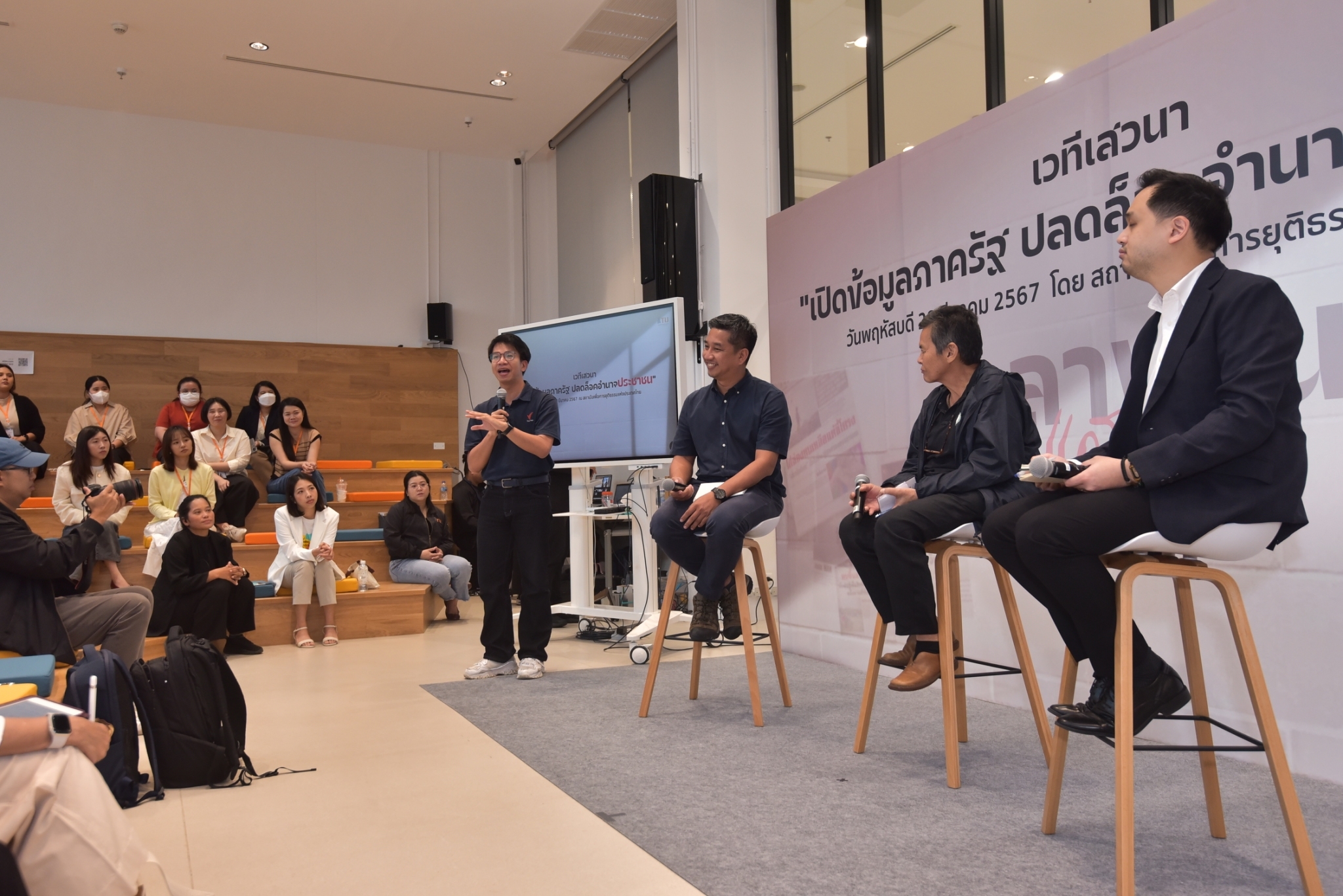
Journalist Pongpipat Banchanont from Nation STORY shared his struggles in utilizing government data for investigative reporting, highlighting the prevalent culture of opacity within state institutions. Despite legal mandates for data disclosure, many government agencies prioritize bureaucratic norms over legal obligations, hindering public access to critical information.
_๒๔๐๓๒๘_11.jpg)
Supaut Bosuwan, founder and Managing Director of HAND Social Enterprise advocating against corruption, underscored the necessity for transparent government spending. He emphasized that citizens should be informed about how their tax money is utilized by the government and have the power to scrutinize and demand accountability.
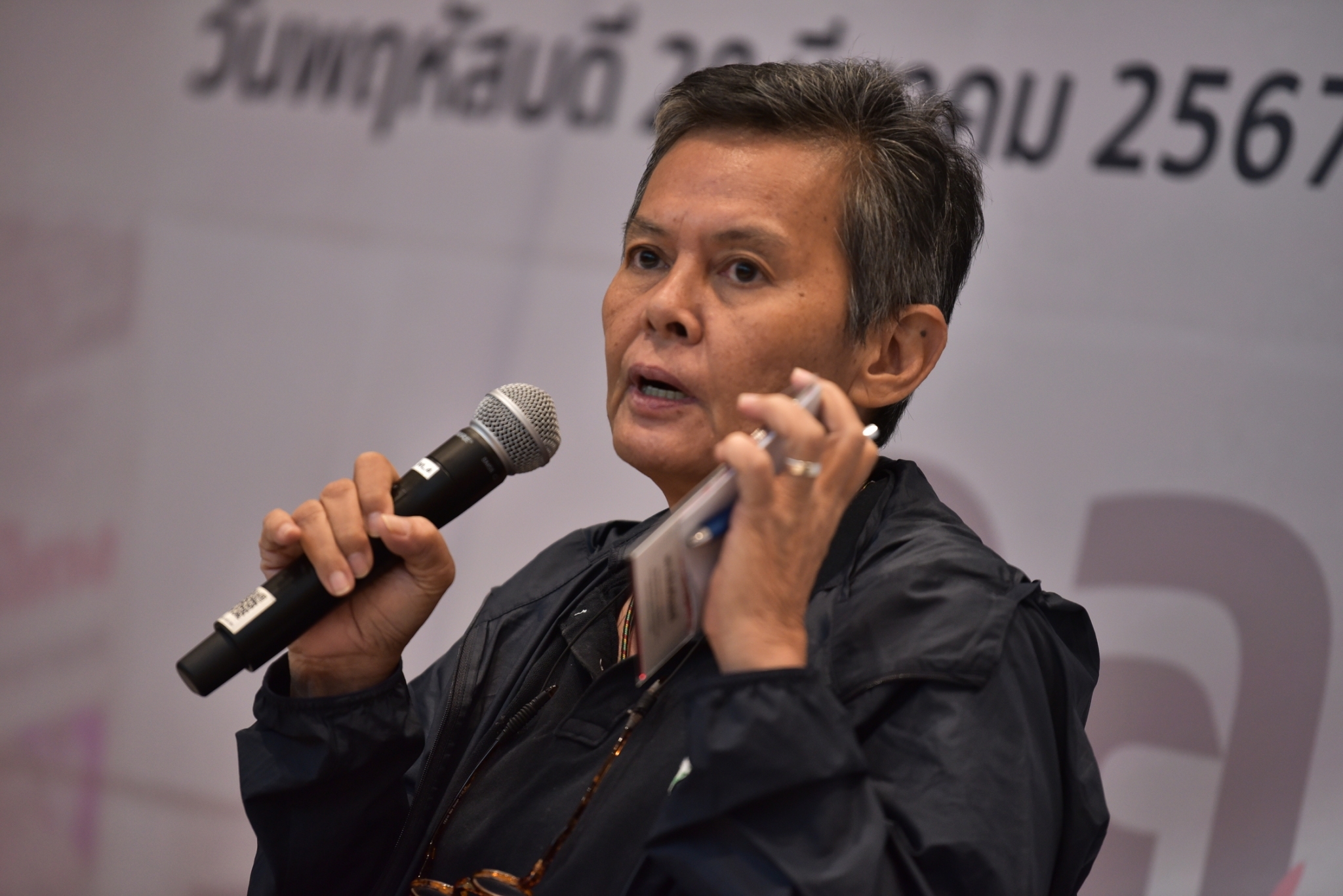
Further illustrating the challenges, Dawan Chantarahusdee, Senior Officer and Community Consultant for the Burana Nives (Ecosystem Rehabilitation) Foundation, recounted her efforts to access government data for sewage treatment projects, emphasizing the need for collective action to overcome bureaucratic barriers.
In conclusion, Dr. Piset Sa-ardyen, Director of TIJ, reiterated the importance of data transparency and legal empowerment in fostering a more just society. He emphasized that data disclosure is not only a means to access information but also a pathway to societal transformation.
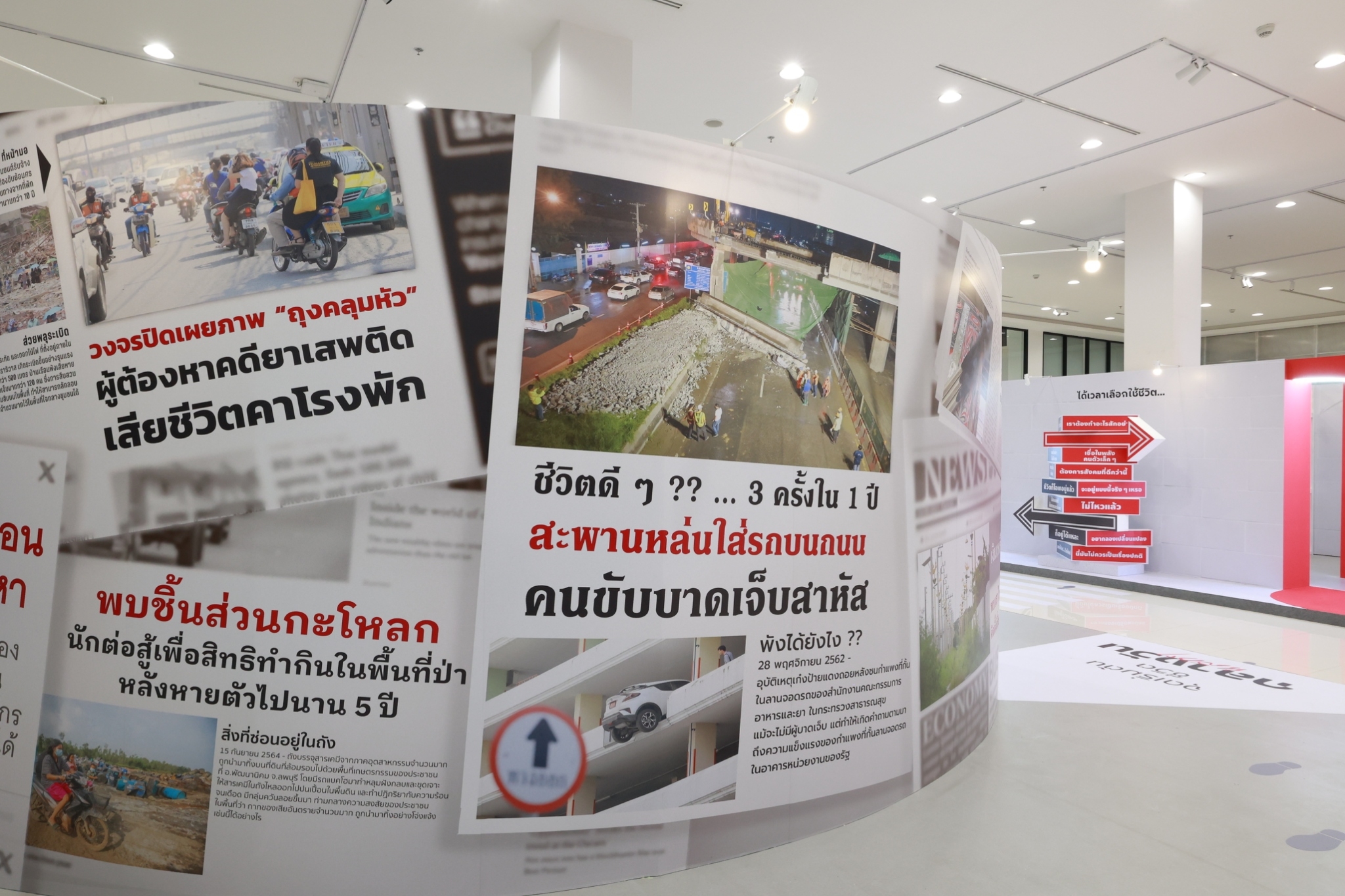
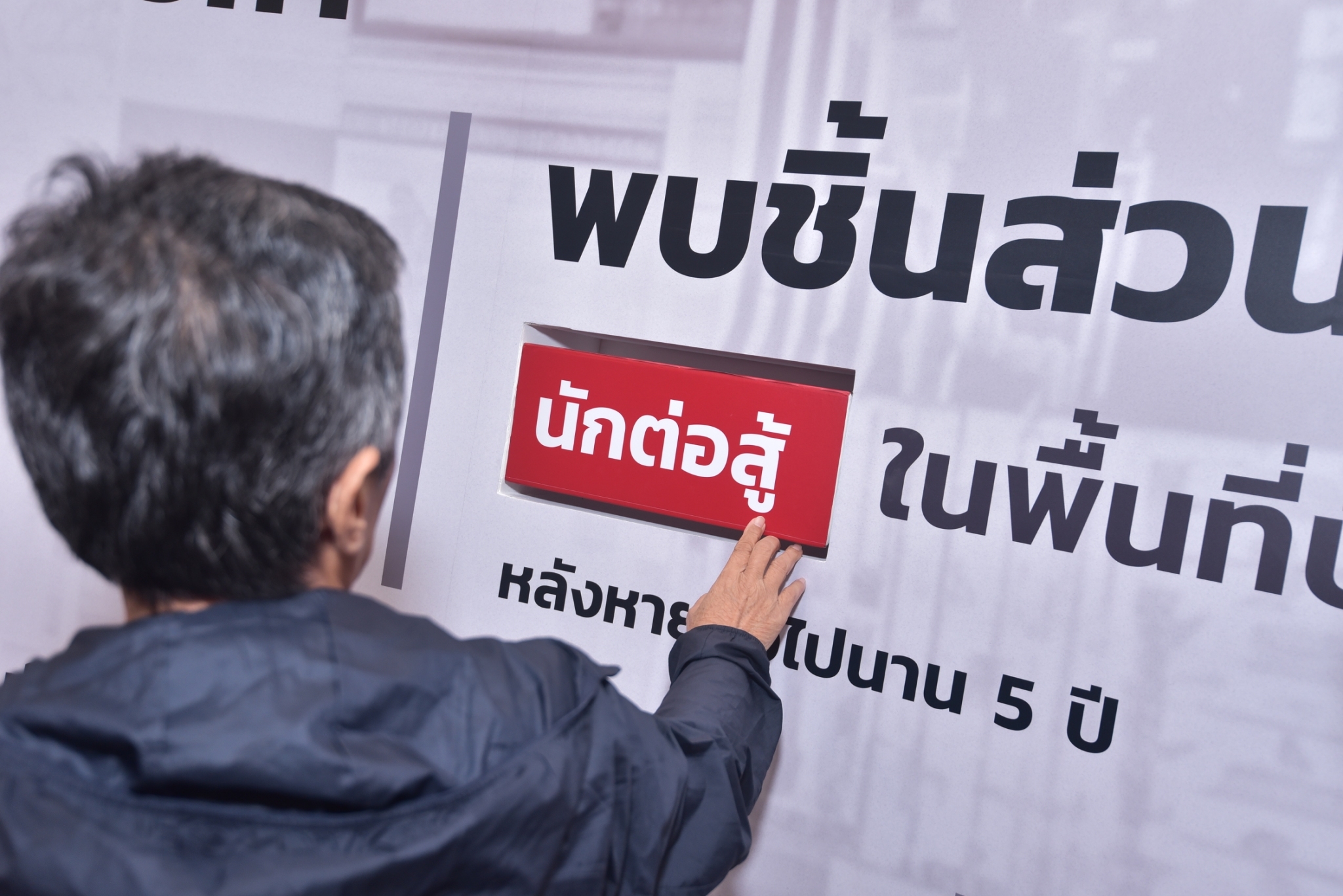
_๒๔๐๓๒๘_2.jpg)
The symposium concluded with a call to action, urging government agencies to adopt international standards for open data systems and ensure secure channels for citizen complaints. The exhibition "In Broad Daylight" serves as a poignant reminder of the societal ills that persist when transparency is lacking and citizens are disempowered.




